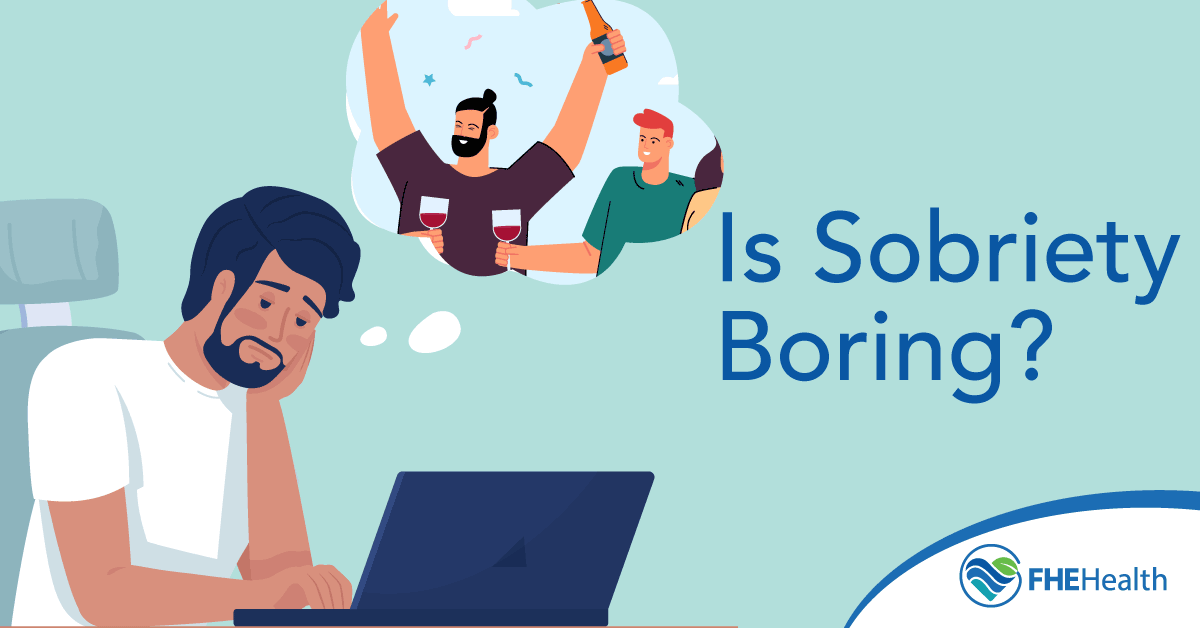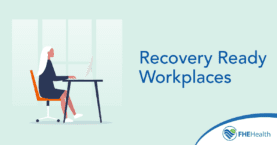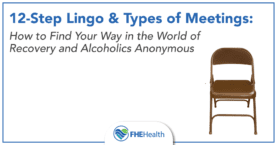
Is Being Sober Boring?
It’s a question that comes up often. The answer is multi-faceted. As people grow in their recovery, their worldview, their ability to follow through with a plan, and their willingness to take risks change over time. The good news is that recovery can open the door to a life full of meaning, joy, and purpose — but it requires effort and intentionality.
Early in Recovery
In the initial stages of recovery, people are often more engaged in supportive activities, such as professional treatment and peer support groups, to manage preoccupations with using a substance (a.k.a. cravings). That may look like hanging out at a Recovery Community Clubhouse, attending an intensive outpatient program, and “going to 90 meetings in 90 days.”
As these activities begin to lessen, people find themselves with fewer plans and more time in their schedules. This transition can be challenging. People often find themselves asking, “What do I do now?” This question may lead some to conclude prematurely that “sobriety is boring” when there’s more to the picture.
Inactivity can transition to boredom easily, for someone who has not fully developed or figured out how to even begin cultivating an active recreational, leisure or social life. Things that they have done in the past, while under the influence, may not be appealing because there is fear that it may trigger an urge to use. This is where it is important to not only ask for practical help and guidance, but to take action to address those feelings and thoughts.
In the effort to focus on the tasks related to staying sober, one may lose sight of the fact that the end goal of recovery is to live a life worth being sober for! At its core, recovery from substance use or a mental health disorder is about finding fulfillment as a human being and becoming capable of building a robust and active, self-directed, blissful life.
Recovery at Any Stage
When I proclaimed, “I’m bored,” early in my second year of recovery, my sponsor’s reply was, “No, you’re boring.” Ugh! I hated that! But my sponsor had a point. What she meant was I had not yet invested time and effort to build a collection of joyful activities to draw from for fun, enjoyment, and inspiration. Her message to me directly implied that I was responsible to “get a life” and that the world was not simply just going to show up to entertain me!
With that in mind, I began to examine what activities, entertainment, and hobbies might interest me. With guidance, time, and effort I not only built a healthy robust life, but I eventually found myself having to intentionally take time to slow down and rest!
When Step 12 of AA talks about having had a “spiritual awakening,” I interpret that as having had our spirit wake up. So, the question is: What are those healthy and positive things that make your spirit happy? Is it being outdoors? Is it exercise? Is it artistic endeavors? Is it volunteering? Is it listening to live music or making music? Travel? There is so much to choose from!
Taking Steps to Address Boredom
The key to ridding yourself of boredom is understanding that none of these things will come to you. Like all the other recovery steps that we must make, this requires action! We must move past the exploration stage and get into the action stage. Signing up for courses, dabbling in art, or joining a community hike does not happen by itself.
While the above principle also applies to later stages of recovery, sometimes a person can get stuck in a rut, leading to complacency and boredom. In this case, the solutions are very much the same: action! Motivating ourselves to make a change or open our lives to new avenues often requires:
- Self-evaluation and reflection. Is what you are currently doing not enough, or do you need to change your routine or your interests and pursuits?
- A pros and cons list that examines what the benefits and challenges are to building new leisure, recreational, or healthy activities into your life. Having a balanced life is a vital part of recovery, so one cannot keep adding things without taking others away.
- A strong internal and/or verbalized commitment to trying something new — this is where your support system can come into play. Committing to someone outside of yourself can often be a factor in sustaining motivation.
- Cultivating excitement around a change in activity or leisure. Perhaps take part in some kind of challenge to build momentum, whether internally or externally.
- Get a buddy! Bring someone else along with you when you try new adventures or rekindle an old one; or, multiply your passion at a group level, by starting a book club or hiking club.
- Use your community resources. Recovery Community Organizations (RCO) have become an asset in helping guide people to activities that they might enjoy. For instance, our local RCO has game nights, art classes, and karaoke. There are exercise-based resources, such as The Phoenix Recovery organization. There are hiking clubs. There are sober group travel organizations.
- A commitment to follow through. Humans, not just people in recovery, become attracted to the shiny new thing. Sometimes people try to start at Step 100 instead of Step 1, only to lose momentum or feel overwhelmed by a new addition to their lives. Remember slow and steady wins the race. Most sustained change happens in smaller steps, practiced consistently. For instance, if you want to start running marathons, you should not run 26.2 miles on the first day of training.
Finally, be aware that rest and stillness are healthy components of recovery. It is one of the reasons why “keep it simple ” is a saying heard in recovery circles. It is important to be aware that sometimes more is not better. In fact, sometimes people use over-activity to avoid their feelings. To have a healthy relationship with yourself, you also need times of rest, relaxation, and meditation — balance! Remember that we are human beings and not human doings.
A well-known saying has described life in sobriety as a “life beyond your wildest dreams,” and as a person in long-term recovery, I have found it to be true. Before recovery, I thought adventure was chaos and danger. What I experience now is true adventure, fun, joy, and the building of great memories! Through recovery you not only get to live, but if you work for it, you will also “get a life!”










